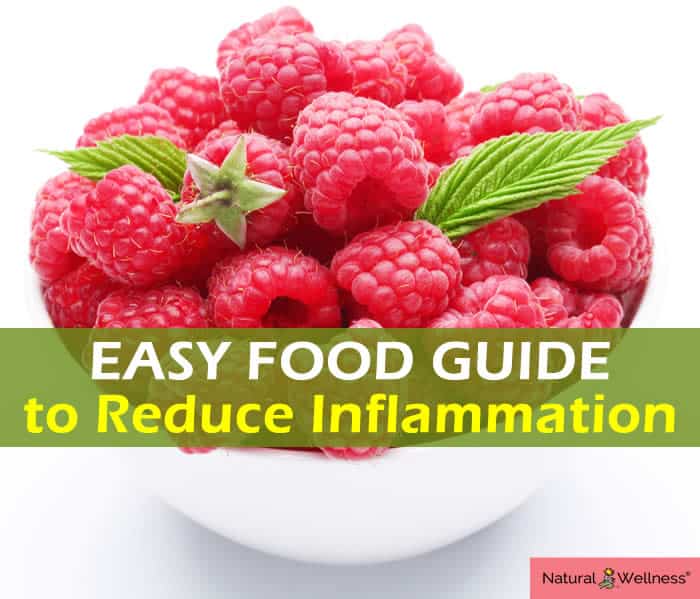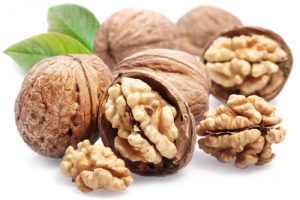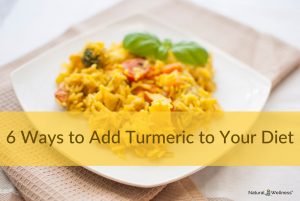

Inflammation by itself isn’t a problem; it’s a sign that your body is working the way it’s supposed to. When inflammation becomes chronic, that’s when things go awry.
When you’re injured, your body releases cells to fight damage and infection. To us, this process is painful and inconvenient. The injury swells and becomes red and hot. As Dr. Barry Sears, creator of The Zone diet, explains, “There’s a separate response called ‘resolution’ that brings the dogs of war back to their barracks and heals your tissues. The first phase of inflammation causes cellular destruction, and the second phase, resolution, begins cellular rejuvenation. As long as those phases are balanced, you stay well.”
 Certain foods can trigger inflammation, and when that happens regularly, your body’s health is thrown out of whack. Sugar, refined grains, and saturated fats trigger inflammatory responses in the body.
Certain foods can trigger inflammation, and when that happens regularly, your body’s health is thrown out of whack. Sugar, refined grains, and saturated fats trigger inflammatory responses in the body.
Over time, this chronic inflammation can contribute to serious illnesses, including:
Cutting down on over-processed, greasy, and sugary foods will reduce your daily inflammation.
Below, we’ll list some foods that are not only good for you, but which also counteract the inflammation caused by the not-so-good foods.
Thus far, research shows that a traditional Mediterranean-style diet is your healthiest option, which is high in:
- Fruits
- Vegetables
- Whole Grains
- Legumes
- Fish
- Olive Oil
Fruits & Vegetables
This is a no-brainer, right? Fruits and non-starchy vegetables are highly recommended. On the fruit side, anything with a deep, rich pigment is a good choice, such as cherries, raspberries and blackberries. For vegetables, go with leafy greens like spinach, kale, broccoli and cabbage.
Whole Grains
Try to eat at least 25 grams of fiber each day. Reduce flour-based foods and go with whole grains like quinoa and brown rice. Limit the volume of crackers and bread, since whole grain flour can still cause a spike in blood sugar and inflammation. Here are 6 healthy alternatives to white bread and rice.
Nuts & Beans & Oil
 Nuts are a great source of protein and contain the healthy fat that will fight inflammation. The fat and calories can add up, though, so mind your portions. Beans are both high in fiber and contain antioxidants. When using oil, try olive or avocado oil in lieu of corn oil or animal fat.
Nuts are a great source of protein and contain the healthy fat that will fight inflammation. The fat and calories can add up, though, so mind your portions. Beans are both high in fiber and contain antioxidants. When using oil, try olive or avocado oil in lieu of corn oil or animal fat.
Spices & Beverages
Here at Natural Wellness, we adore turmeric. It’s rich in antioxidants (and delicious) and contains many vitamins and minerals, including potassium, magnesium, Vitamin C, Vitamin B6 and iron. It can also improve the health of your skin and help your body digest fats.
Check out these 6 ways you can easily add turmeric to your diet.
But if you’re going to cook with spice, you’ll need something to wash it down! Both coffee and green tea contain polyphenols that are believed to reduce inflammation. Not to mention, research shows that coffee can help support the health of your liver!





